Herb Trade Industry
Fall Harvest Update 2024
Eva Lau, Mayway Vice President

As we welcome the fall season, it’s a crucial time for harvesting many crops, including herbs. It is important to note the significant increase in herb prices in recent months driven by both natural and man-made factors, causing unpredictable supply alongside market conditions that have become steadily more challenging. This impacts worldwide consumer access to Chinese herbal medicine and poses significant challenges for the TCM herbal industry.
Read MoreHerb Nerd's Paradise: 4 days in Anguo
Yvonne Lau, Mayway President

Yvonne Lau provides a travel log of a recent visit to Anguo, a Chinese herbal medicine province in China.
Read MoreSupply Chain Update - July 2024
Eva Lau, Mayway Vice President

Eva Lau, VP of Operations of Mayway, provides an update on the herb market in China and explains price fluctuations of Chinese medicinal herbs.
Read More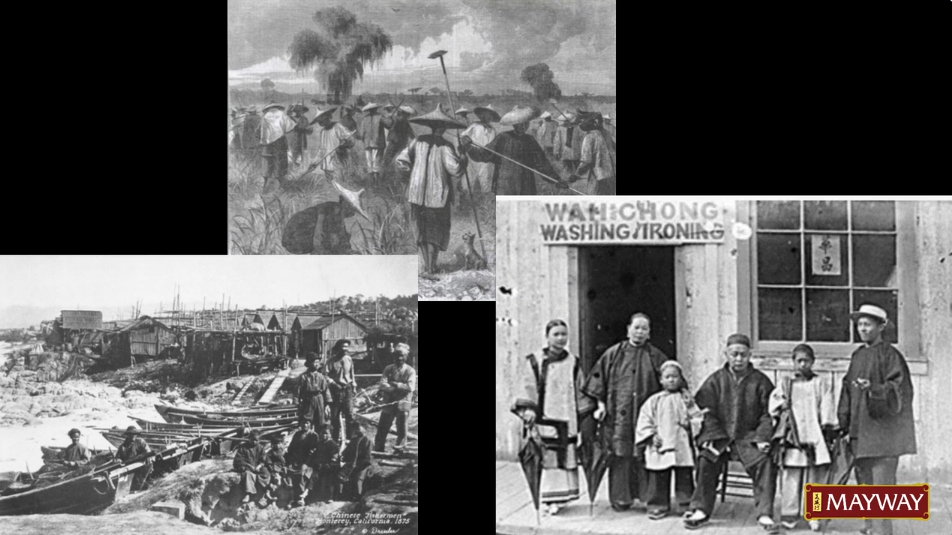
Yvonne Lau of Mayway Herbs walks us through historical photos showing us how Chinese herbal medicine has evolved in the United States over the last 150 years.
Read More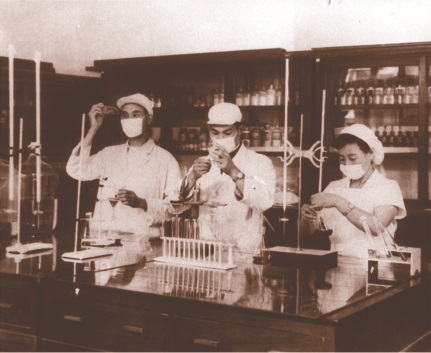 What are now commonly referred to as “patent” medicines are prepared or manufactured Chinese herbal medicines, such as teapills and tablets, which have been made according to standard herbal formulas created hundreds and in some cases even thousands of years ago.
What are now commonly referred to as “patent” medicines are prepared or manufactured Chinese herbal medicines, such as teapills and tablets, which have been made according to standard herbal formulas created hundreds and in some cases even thousands of years ago.
A Brief History of Traditional Chinese Herbal Medicine in America
Yvonne Lau, Mayway President

Chinese medicine has a long history in the US, even before the Chinese ever set foot in America. During America’s colonial period, Chinese tea, and herbs such as rhubarb, cinnamon, cardamon, and camphor crossed the ocean to the new world, just as Appalachian wild ginseng went east. White Americans learned about Traditional Chinese Medicine not only through the herbs they consumed, but also through European and American merchants, missionaries, and medical scientists who went to China, studied, and sometimes adopted Chinese therapeutic practices. Read on to learn more about the history of TCM in America.
Read MoreSustainability of Chinese Herbal Medicine
Skye Sturgeon, DAOM, Quality Assurance Manager, Mayway
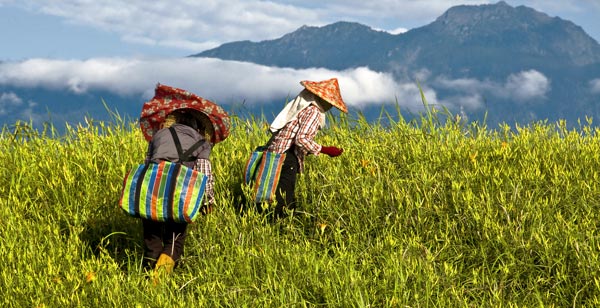
Everything that we need for our survival and well-being depends, either directly or indirectly, on our natural environment. To pursue sustainability is to create and maintain the conditions under which humans and nature can exist in productive harmony to support present and future generations. This article includes information on what is being done to protect herb species for a more sustainable future. You will also gain an in-depth resource guide that lists Chinese Herbs which may not be available or are restricted for sale in the US.
Read MoreGrowing Herb Demand and Quality Concerns
Yvonne Lau, Mayway President
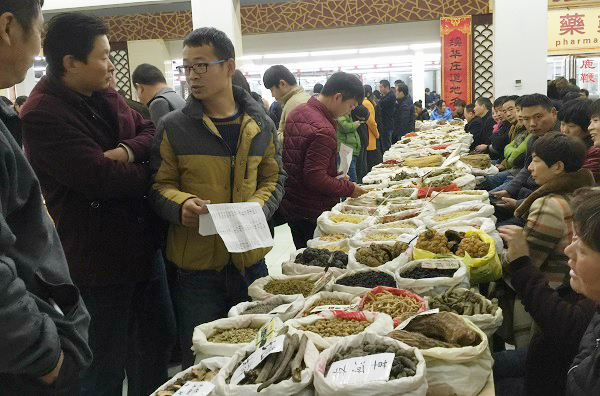 Fakes, reconditioned and counterfeit herbs. Take a look into the shadier side of herb sourcing and learn what you can do to avoid it. Chinese herbs are commodities, and traded in the billions of dollars.In 2016, the value of Chinese herbs traded totaled US$6.3 billion, of which US$2.3 billion was exported. China itself uses a staggering US$4 billion dollars’ worth of herbs each year.
Fakes, reconditioned and counterfeit herbs. Take a look into the shadier side of herb sourcing and learn what you can do to avoid it. Chinese herbs are commodities, and traded in the billions of dollars.In 2016, the value of Chinese herbs traded totaled US$6.3 billion, of which US$2.3 billion was exported. China itself uses a staggering US$4 billion dollars’ worth of herbs each year.
Herb Supply & Sustainability Update October, 2023
Eva Lau, Mayway Vice President
Updates in years past have usually emphasized the impacts of global demand and government regulations on herb supply. These challenges continue, but moving to the forefront this year is the role of climate change and the resulting circumstances caused by unpredictable weather patterns. While there are other issues adversely affecting the availability and production of TCM herbs in China, it is clear that climate change is seriously affecting herb cultivation and production. Read on to learn about current herb supply and sustainability challenges.
Read MoreChinese Medicine Day is March 17th!
Yvonne Lau, Mayway President
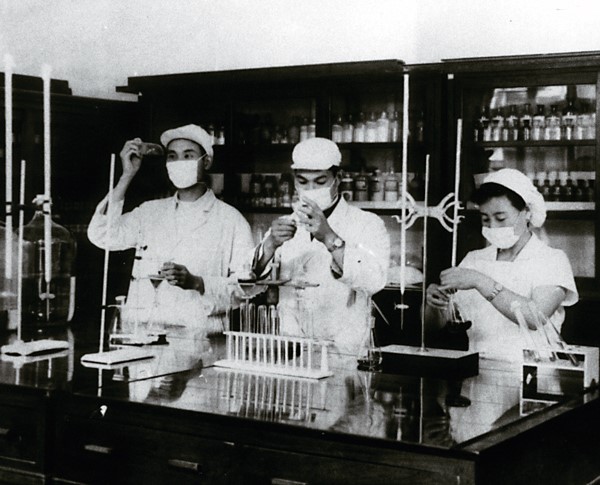
In the United States we may know March 17th as a celebration of Irish heritage, but it's also a significant day in Chinese cultural history. It was the day when traditional Chinese medicine was almost abolished. Read on to get a brief history of Chinese Medicine and how it's evolved over the years.
Read More
A snapshot of our 53rd year in business showcasing new products, our environmental commitments, and a special message from Yvonne Lau, President of Mayway Herbs.
Read MoreSupply Update Fall 2022
Eva Lau, Mayway Vice President

Eva Lau, Vice President of Mayway Herbs, provides an update on the supply chain for Chinese herbal medicine including overviews of climate change and storm impact on current and future supply.
Read MoreSafety Concerns of Talc
Skye Sturgeon, DAOM, Quality Assurance Manager, Mayway
 We have an ongoing commitment to FDA (Food and Drug Administration) compliance and transparency, especially regarding disclosures and the labeling of our products. This is why talc appears on the labels of our Plum Flower ™, Bamboo Pharmacy™, and Min Shan® teapills. In sharp contrast to some other Chinese herb companies, we disclose every ingredient in our products including excipients and processing adjuncts. We should note here that it is not possible to make pills or tablets without the use of various excipients and that authentically produced Chinese herb formulas require herbs processed in the traditional ways, i.e., using páo zhì (炮制). Our use of talc within the manufacturing process is completely safe. Let us discuss this issue.
We have an ongoing commitment to FDA (Food and Drug Administration) compliance and transparency, especially regarding disclosures and the labeling of our products. This is why talc appears on the labels of our Plum Flower ™, Bamboo Pharmacy™, and Min Shan® teapills. In sharp contrast to some other Chinese herb companies, we disclose every ingredient in our products including excipients and processing adjuncts. We should note here that it is not possible to make pills or tablets without the use of various excipients and that authentically produced Chinese herb formulas require herbs processed in the traditional ways, i.e., using páo zhì (炮制). Our use of talc within the manufacturing process is completely safe. Let us discuss this issue.
Teapill Upgrades: New Technology for TCM at Lanzhou Foci
Yvonne Lau, Mayway President
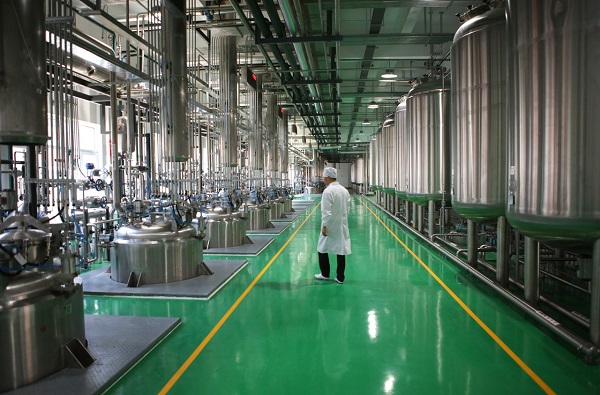 On June 22, fifty-foot tall red banners celebrated the transition to next level teapill manufacturing in Lanzhou. Lanzhou Foci, the maker of Min Shan® and most of our Plum Flower® teapills, reached another milestone in its nearly 90-year storied history, opening a state of the art production facility which will increase teapill quality.
On June 22, fifty-foot tall red banners celebrated the transition to next level teapill manufacturing in Lanzhou. Lanzhou Foci, the maker of Min Shan® and most of our Plum Flower® teapills, reached another milestone in its nearly 90-year storied history, opening a state of the art production facility which will increase teapill quality.

Join Hugh Lau, Owner and Designer for Mayway Herbs, as he takes us behind the scenes to show us how Teapills are made!
Read More